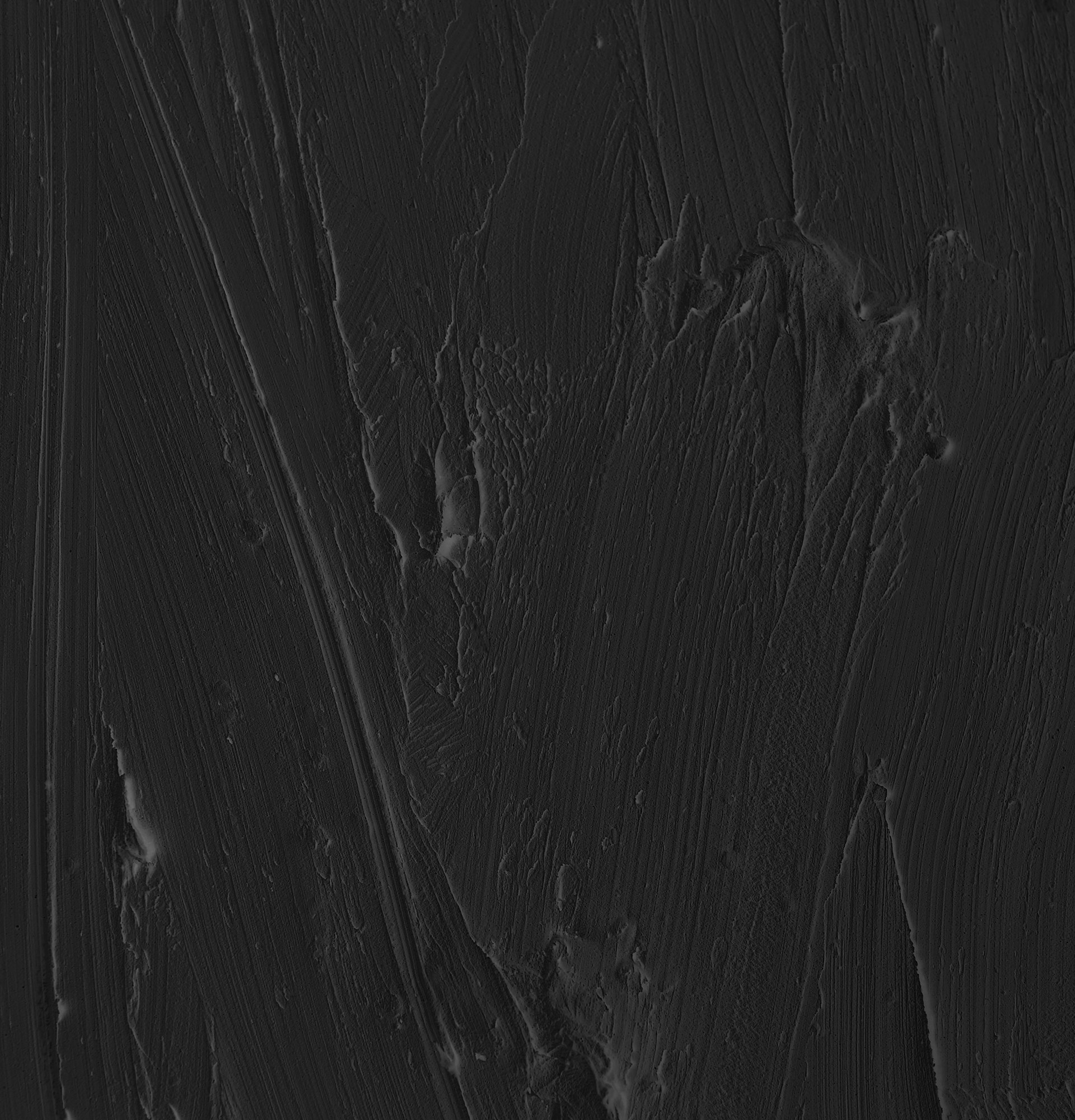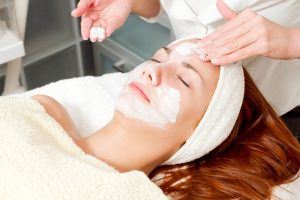Fort Walton Beach, FL
428 Mary Esther Cut Off NW Unit A,
Fort Walton Beach, FL
32548, United States
(850) 374-3595

subscribe
Fort Walton Beach, FL
428 Mary Esther Cut Off NW Unit A,
Fort Walton Beach, FL
32548, United States
(850) 374-3595
Gulf Breeze, FL
To book and check for availability

Every time you clean your face or brush your hair, you’re removing dirt, oil and other impurities. To keep your complexion clean and acne-free, it’s important to refresh your skin every few days. A professional facial is the best way to do this and can help reduce blemishes and general skin irritation. Read on for more information about how often you should have a professional facial and the benefits of regular spa treatments.
A professional facial is primarily the same as a regular facial, but it is administered by a certified esthetician or facialist. The difference between the two is that the professional is trained in skin care and can offer more specific treatments, such as chemical peels and microdermabrasion. Some facialists offer facials as part of their service and some specialize in facials exclusively. If you’re unsure of what kind of facial your esthetician offers, ask when you schedule an appointment. Facials differ greatly depending on the esthetician and can include different treatments, such as microdermabrasion and chemical peels. Some facialists offer facials as part of their service and some specialize in facials exclusively. If you’re unsure of what kind of facial your esthetician offers, ask when you schedule an appointment. This article
A professional facial can help you reduce the appearance of fine lines and wrinkles, fight acne, improve skin tone and texture, and restore your skin’s clarity and vibrancy. Many facialists offer specific anti-aging treatments such as chemical peels, which can shed the outer layer of your skin and reveal younger, healthier skin underneath. Chemical peels are effective in treating signs of aging, such as fine lines, wrinkles and acne, while promoting skin clarity and texture. Chemical peels are also beneficial in treating acne and can be used to treat mild to moderate acne because they don’t contain antibiotics. Chemical peels are effective in treating signs of aging, such as fine lines, wrinkles and acne, while promoting skin clarity and texture.
Generally speaking, you should have a professional facial every six to eight weeks. The frequency of your treatment depends on your skin type, genetic makeup and current complexion. If you have normal skin that’s in good condition and shows few signs of aging, you should have a professional facial every six weeks. If you have oily or acne-prone skin, you may have to have a professional facial more often because your skin is prone to excess oil production. If you have oily skin, you should have a professional facial every four to five weeks to avoid excess oil. For acne-prone skin, you should have a professional facial every three to four weeks. Browse around this site
There are many factors that determine when you should have a professional facial, including your skin type, your genetic makeup and your current complexion. If you have normal skin and don’t have acne, you should schedule your treatment every six weeks. If you have oily or acne-prone skin, you may have to have a professional facial more often because your skin is prone to excess oil production. People who want to maintain their skin’s natural glow and have dark skin tones should also wait longer between professional facial treatments. If you want to optimize your skin’s health and don’t have acne, you can have a professional facial every eight weeks.
Before your facial treatment begins, you may be asked to fill out a questionnaire about your skin type and current habits. You should also bring a sample of your skin, if possible, to show your esthetician. This will help your esthetician determine the best facial treatment for your skin. During your facial treatment, you and your esthetician will discuss your skincare regimen and discuss your current skin concerns, such as acne, hyperpigmentation and oily skin. You may be asked to remove makeup, if needed, and to wear makeup remover, if you wear it. Your facial treatment can include a variety of treatments, depending on your skincare needs and concerns. Some of the more common treatments include chemical peels, microdermabrasion, IPL (intense pulsed light), laser resurfacing and derma rolling.

subscribe
Save 10% on your first visit.
Enter email for code.
